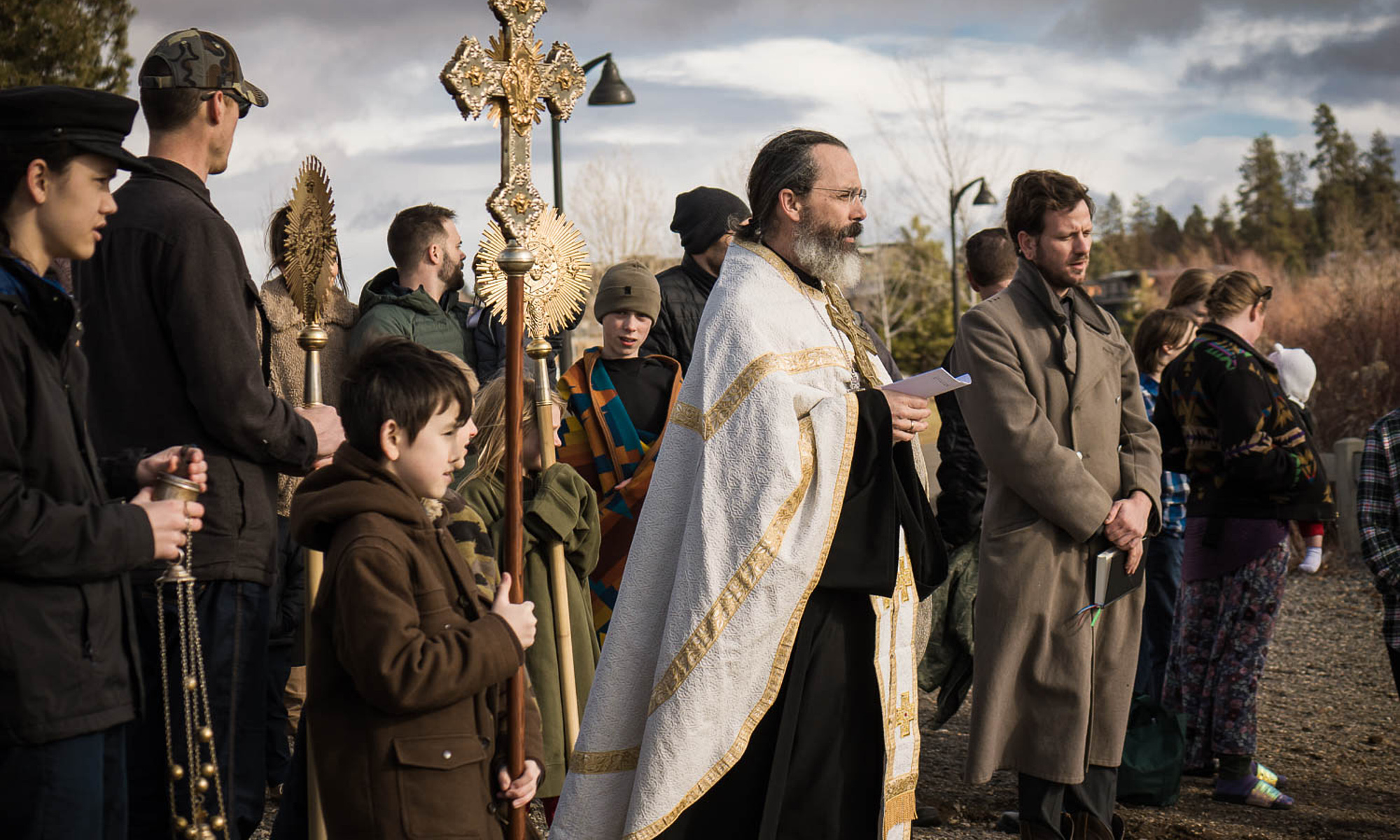St. Jacob of Alaska was also an astute observer of the native people: their habits, their customs, and sometimes even their disposition towards the gospel. Every once in a while, his journals have an aside to explain points of interest—the dangers of navigation and shipping in Alaskan waters, the entryway of native houses in different regions, and such—in some of which, he speaks about the people’s receptivity to the gospel:
“In matters of religion, I found the Kuriles to be devout or, as one may say, ready to be devout. However, presumably because of very rare approaches to them on behalf of the Christian Religion, they have no proper understanding either of the Christian faith or of their obligations as Christians.”
Continue reading “Most Importantly: St. Jacob Understands the People”